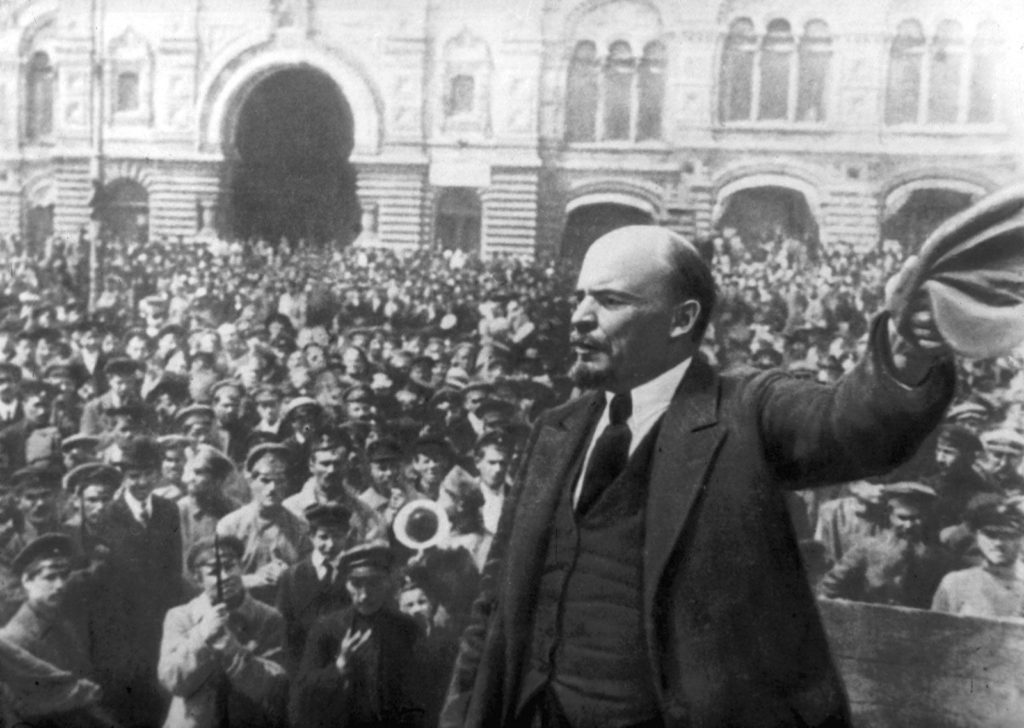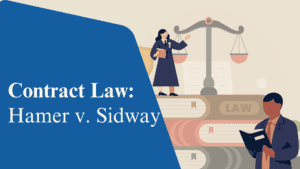Russia Revolution of 1917

The Russian Revolution was a time of political revolution in the former Russian Empire that began during World War I. Following two subsequent revolutions and a terrible civil war, Russia overthrew its monarchy and started practicing a socialist form of government.
The February Revolution in 1917 marked the start of the Russian Revolution. The first uprising took place in and around Petrograd, the country’s capital at the time (now Saint Petersburg). The Russian Army began to mutiny after suffering significant combat defeats during the conflict with Germany. As the domestic turmoil worsening and the war intensifying, army chiefs and administration officials believed that overthrowing Tsar Nicholas II would put the unrest into rest.
Tsar Nicholas II
Incapability and corruption of the Tsar Nicholas II and his family eventually led to the end of monarchy in Russia. With a firm belief of Divine Right and that all Russian people were committed to him with unwavering loyalty, the Tsar Nicholas II, who was unaware of the state of his country, made a series of miscalculated policies that foster the resentment of Russian citizens.
Besides the widely resented strict authoritarian system he maintained and the worsening economic conditions in Russia, the Tsar’s decision to participate in World War I added the fuel to the public dissatisfaction. One of the Tsar’s main motivations for going to war in 1914 was to reclaim the reputation that Russia had lost following the failures of the Russo-Japanese War (1904-1905). Nicholas also hoped to strengthen national unity by fighting a shared and long-standing foe.
Notwithstanding a brief wave of patriotic nationalism of Russian Army on the Eastern Front of World War I, the morale faded in the face of defeats and worsening conditions. In 1915, the Tsar made matters worse by seizing personal command of the Imperial Russian Army, a task considerably beyond his abilities. On top of that, he left the government in the hands of his passionate but inept wife Alexandra, which is the time ever since reports of Imperial government corruption and inefficiency began to surface.
Nicholas consented to resign during the February Revolution after he was suggested to abdicate by the Army Chief. He was replaced by the Russian Provisional Government, which was led by the Russian Duma (parliament). However, this new government was controlled by the interests of capitalist, nobility and aristocracy.
The Soviet
As a result of these changes in the Russia politics, grassroots community assemblies led by soldiers, rural farmers, and urban industrial proletariats arose. These community assemblies are called the Soviets.
Although the Soviets originally allowed the new Provisional Government to govern, they insisted on a prerogative in order to exert influence over the government and control numerous militias.
As a result, Russia was trapped in a dual power situation, with neither Provisional Government nor the Soviets trusting the other. The Provisional Government wielded state power over military and international affairs, whereas the Soviet network dominated domestic affairs with growing support working-class and urban middle class.
Under the dual power situation in Russia, many leftist political organizations fought for influence within the Provisional Government and the Soviets network. The Bolsheviks, led by Vladimir Lenin, were one of such groups.
The Bolsheviks garnered popularity by campaigning under the slogan “peace, land, and bread,” promising to terminate the war with Germany, provide land to the peasantry, and end the starvation brought on by Russia’s involvement in WWI. Nonetheless, the Provisional Government chose to fight on, providing the Bolsheviks and other socialist elements a reason to push the revolution forward.
The Bolsheviks later formed the Red Guards for revolution by combining numerous workers’ militias that were loyal to them. A armed insurrection in Petrograd by the supporters of Bolsheviks overthrew the Provisional Government during the October Revolution. The authority was all transferred to the Bolshevik after the uprising, giving Bolshevik the power to end Russia’s participation in the First World War in 1918.
Even while the Bolsheviks had a large support in cities, they had many opponents who refused to acknowledge their authority. As a result, the “Reds” (Bolsheviks), “Whites” (counter-revolutionaries), monarchists, independence groups, and other socialist factions opposed to the Bolsheviks fought a brutal civil war. It lasted several years, during which time the Bolsheviks vanquished the Whites as well as all other socialists. In order to further stabilize the new state under the volatile situation, the Bolsheviks founded a secret police called Cheka that served as a revolutionary security agency, weeding out, executing, or punishing those considered “enemies of the people”.
